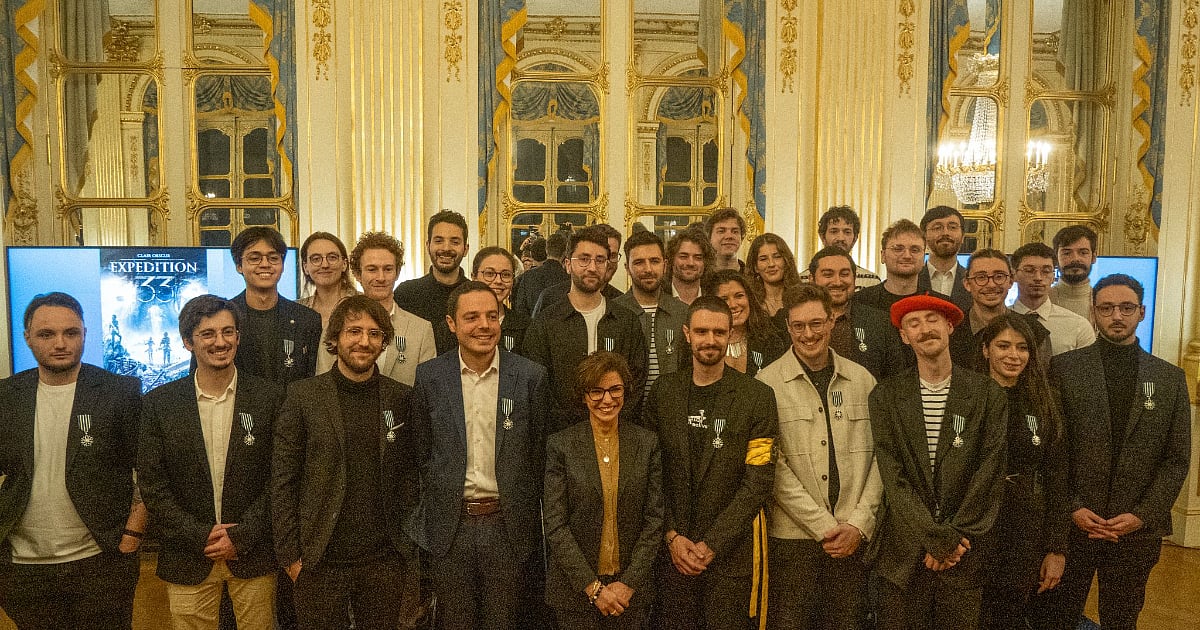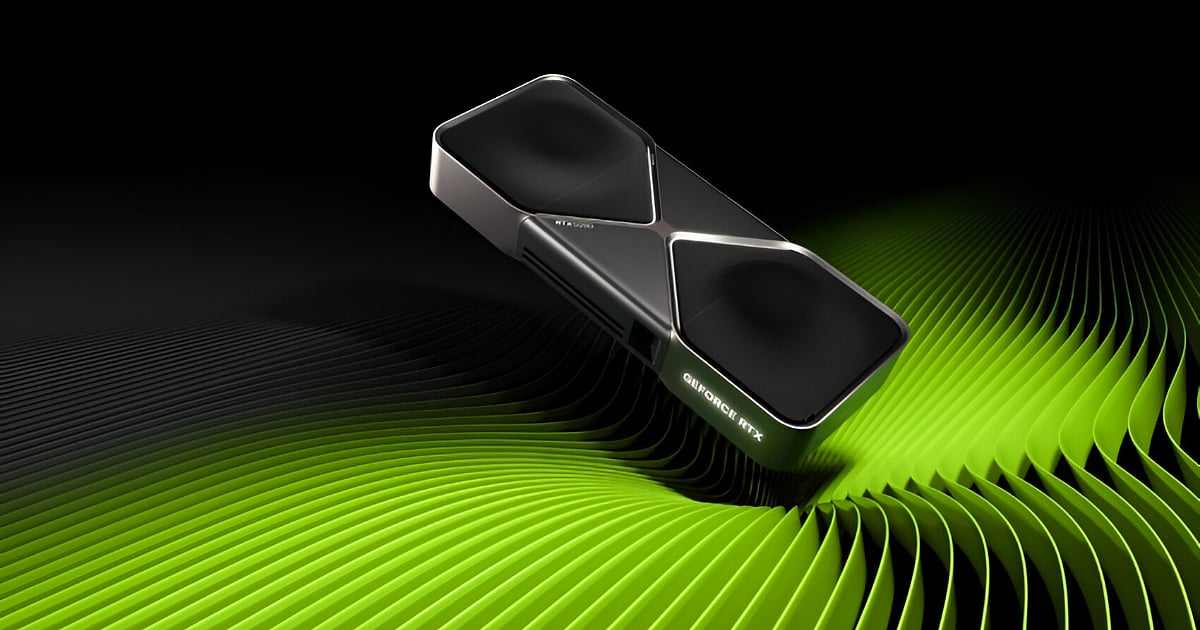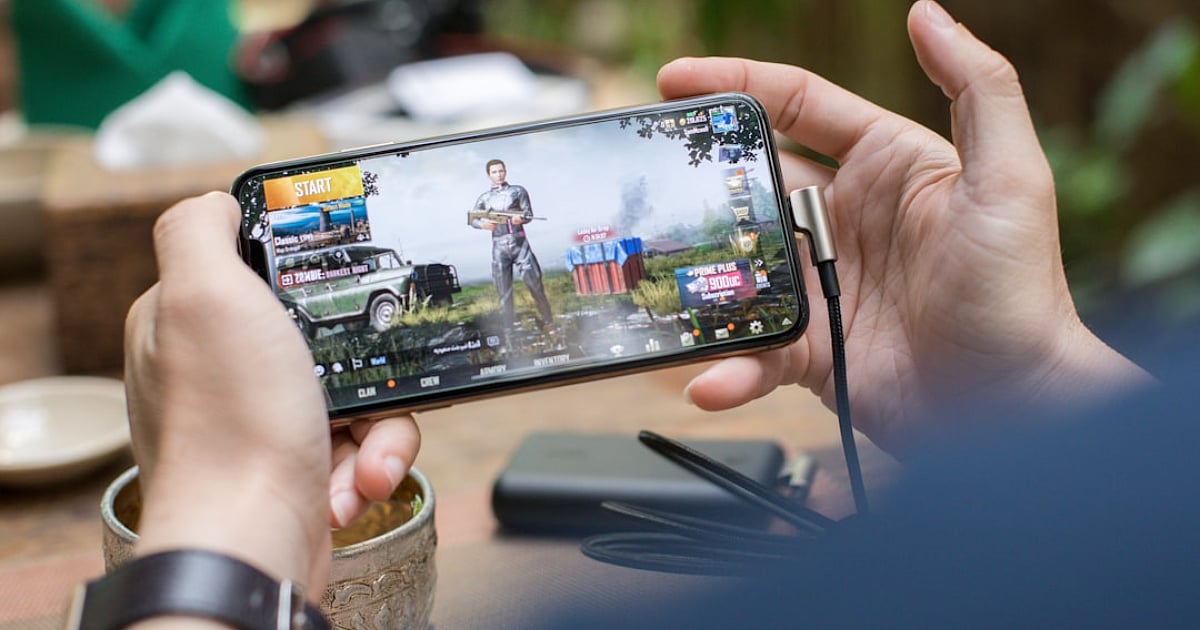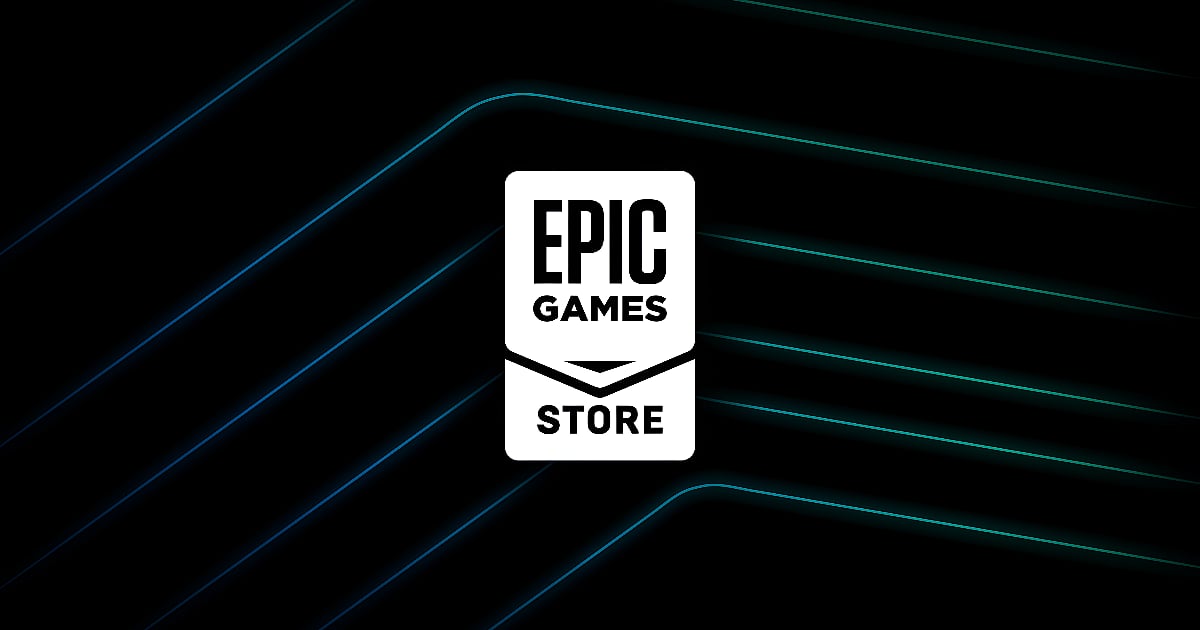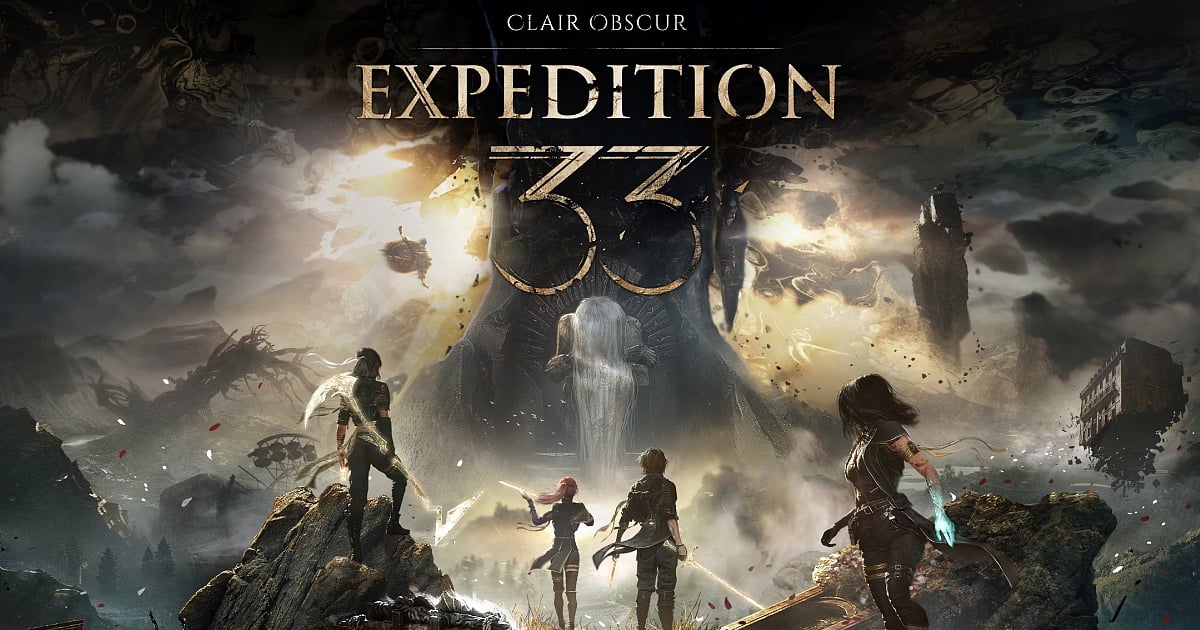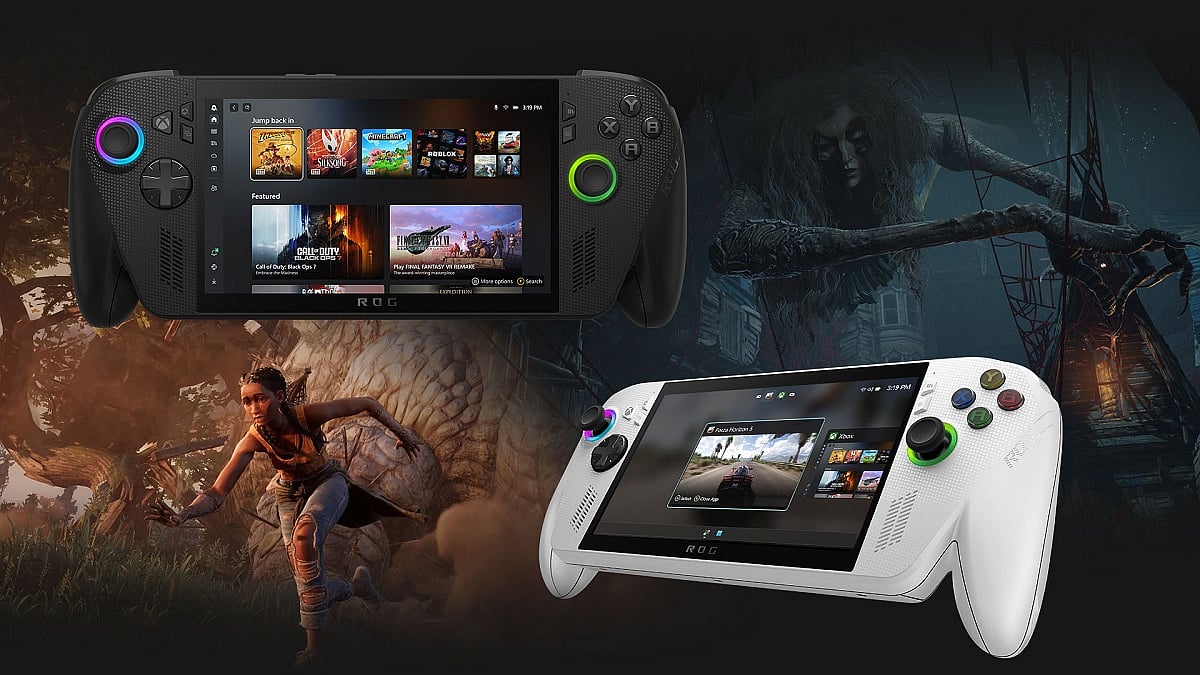
Xbox Handheld Consoles
Xbox Handheld Reportedly Canceled Over AMD’s Chip Demands
Highlights
- Industry leakers claimed Xbox’s dedicated handheld was canceled after AMD reportedly required a minimum order of 10 million custom chips.
- Windows Central and Microsoft insiders have publicly refuted the rumors, calling the 10 million requirement “not even slightly true,” and reiterated ongoing investments in next-generation Xbox consoles and devices.
- Most recent Xbox hardware efforts have shifted to collaborative projects, such as the ROG Ally X, with Microsoft and AMD still partnered for future hardware.
Recent reports sparked debate after prominent leakers claimed Microsoft canceled a planned first-party Xbox handheld. The rumor centered on an alleged AMD requirement: for a dedicated handheld gaming device, Microsoft would have needed to commit to at least 10 million custom System-on-a-Chip units. With even the successful Steam Deck reaching four to five million sales, industry analysts questioned the business logic and practical risks behind such a high minimum.
The AMD Handheld Rumor and Why It Resonates
The leak originated from NeoGAF forums where insiders suggested AMD wanted the 10 million unit commitment to justify R&D and production for a custom chip, a level justified only by the biggest hardware gaming launches. Even with anticipated demand for handhelds rising, Microsoft reportedly viewed the risk as too steep, especially as other PC gaming handhelds like the ROG Ally and Lenovo Legion have topped only one to two million units each to date.
This context, combined with Microsoft’s ongoing Game Pass pricing changes and shifting hardware strategy, fueled speculation that Xbox might abandon dedicated hardware entirely. Reports of planned layoffs in 2026 and reduced retail support for Xbox added to the uncertainty. However, Microsoft has since responded to the rumors, making clear that future hardware development continues and that recent partnerships and product launches (like the ROG Ally) are evidence the brand is investing across console, cloud, PC, and accessories.
Windows Central’s Jez Corden quickly dismissed the AMD leak, labelling the 10 million requirement as baseless. Microsoft followed up, confirming in public statements that its partnership with AMD remains central to the next generation of Xbox consoles and that a portfolio of new devices is in development. Comments from Xbox leadership and AMD’s CEO have reinforced plans for both classic consoles and experimental form factors. Industry insiders note that while handhelds are growing, the economics are still challenging, and big hardware launches remain rare compared to software and service revenue.
As the ROG Xbox Ally launches as a licensed handheld, questions persist about whether Microsoft will eventually produce its own first-party portable. The company’s statements emphasize a holistic approach to gaming across devices, not a retreat from physical hardware. Key factors in the decision-making include the scale required for chip manufacturing, cost risk, and the long-term profitability of new form factors.

Author
Abhimannu Das is a web journalist at Outlook India with a focus on Indian pop culture, gaming, and esports. He has over 10 years of journalistic experience and over 3,500 articles that include industry deep dives, interviews, and SEO content. He has worked on a myriad of games and their ecosystems, including Valorant, Overwatch, and Apex Legends.
Abhimannu Das is a web journalist at Outlook India with a focus on Indian pop culture, gaming, and esports. He has over 10 years of journalistic experience and over 3,500 articles that include industry deep dives, interviews, and SEO content. He has worked on a myriad of games and their ecosystems, including Valorant, Overwatch, and Apex Legends.
Related Articles

